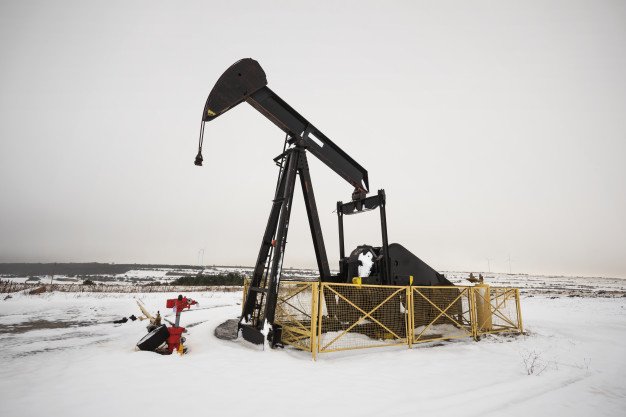Oil rose on Friday, heading for their biggest weekly gains since mid-December, as growing unrest in Kazakhstan and supply concerns fueled by cuts in Libya.
Brent crude futures rose 57 cents, or 0.7%, to $82.56 a barrel at 0403 GMT, after gaining 1.5% in the previous session. West Texas Intermediate (WTI) crude futures rose 67 cents, or 0.84%, to $80.13 a barrel, after gaining 2.1% in the previous session.
Brent and WTI rose more than 6% in the first week of the year, with prices reaching their highest level since the end of November as supply concerns and the rapid spread of the Omicron coronavirus variant could hurt demand.
The upward jump in oil prices, the increase in unrest in Kazakhstan and the worsening of the political situation in Libya reflect the uneasiness in the market, which negatively affected oil production.
Following unrest in Kazakhstan’s oil-rich western regions, Russia on Thursday sent paratroopers to quell the uprising. The protests began after the state removed ceiling prices on butane and propane at New Year’s.
Meanwhile, supply additions from the Organization of the Petroleum Exporting Countries, Russia and its allies are not keeping up with the increase in demand.
OPEC’s output in December increased by 70,000 bpd from the previous month, compared to the 253,000 bpd increase allowed under the OPEC+ supply agreement.
Production in Libya fell to 729,000 bpd from 1.3 million bpd last year, in part due to pipeline maintenance work.
Increasing evidence that the Omicron variant is rapidly contagious, less severe than previous variants, and that governments are implementing less stringent containment measures to counteract it, is easing demand-side concerns.
Low oil inventory in Europe and America also supports the market sentiment. But overall, the price increase raises inflation concerns, which could lead to a further rise in oil prices.

